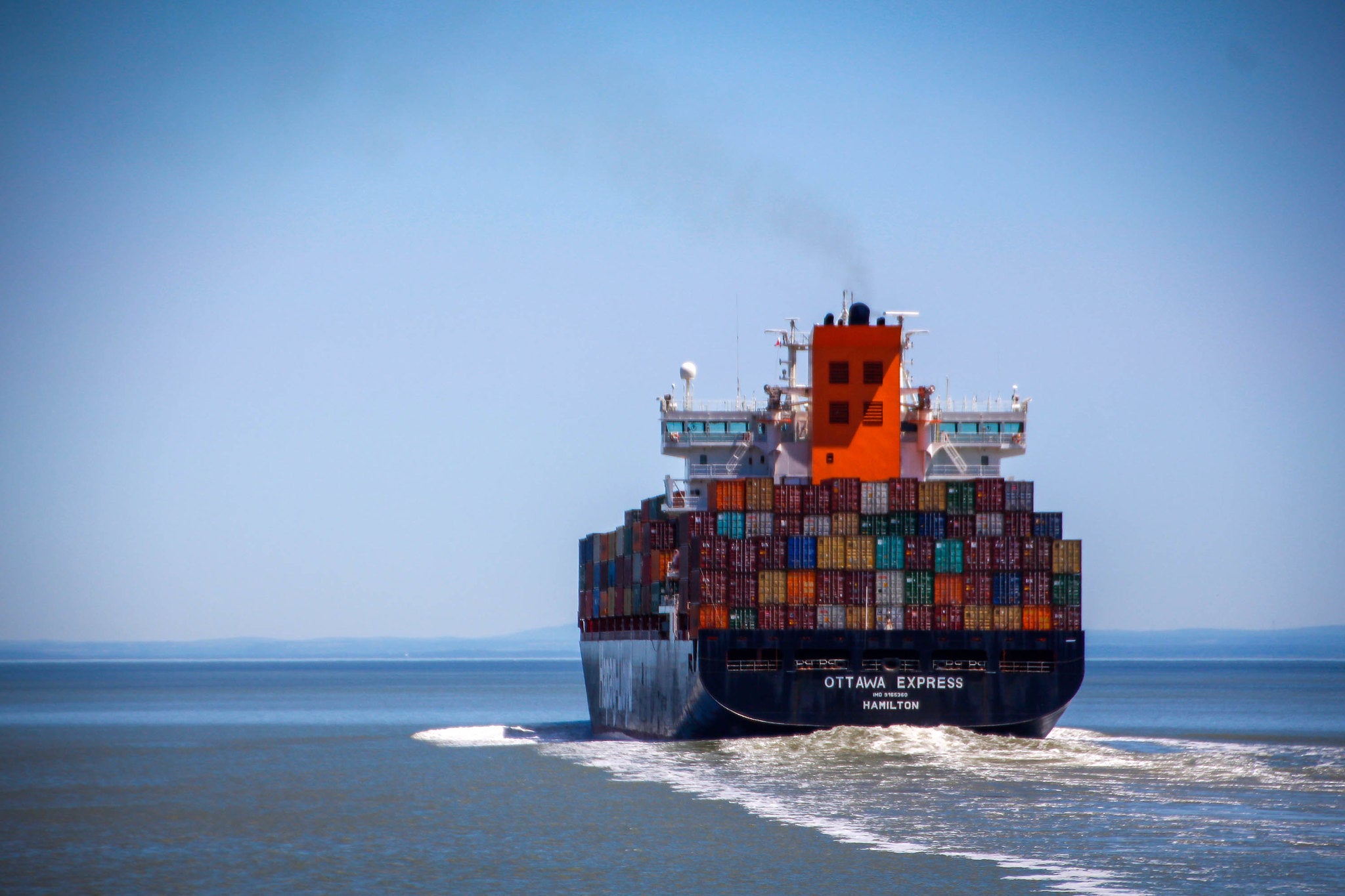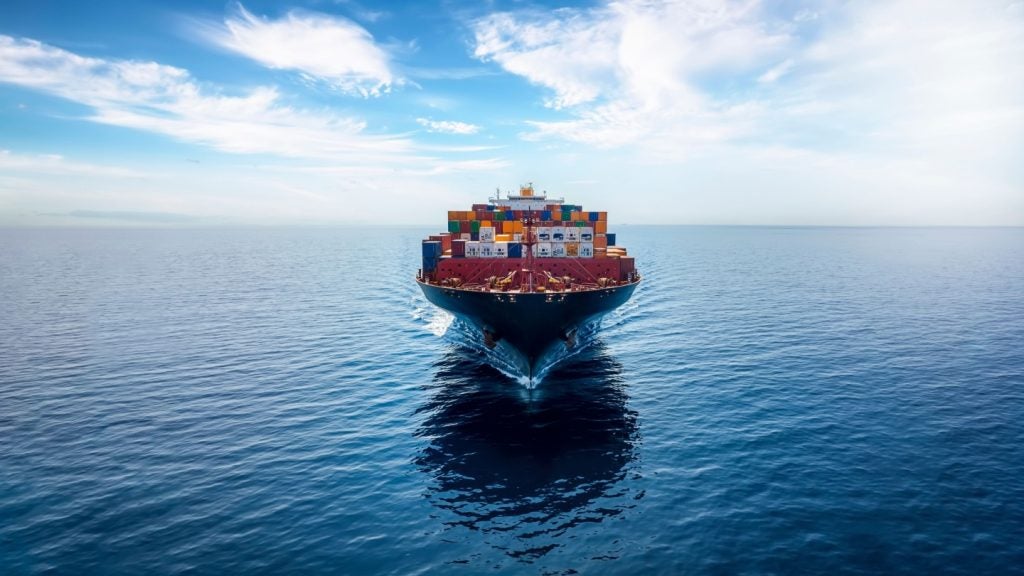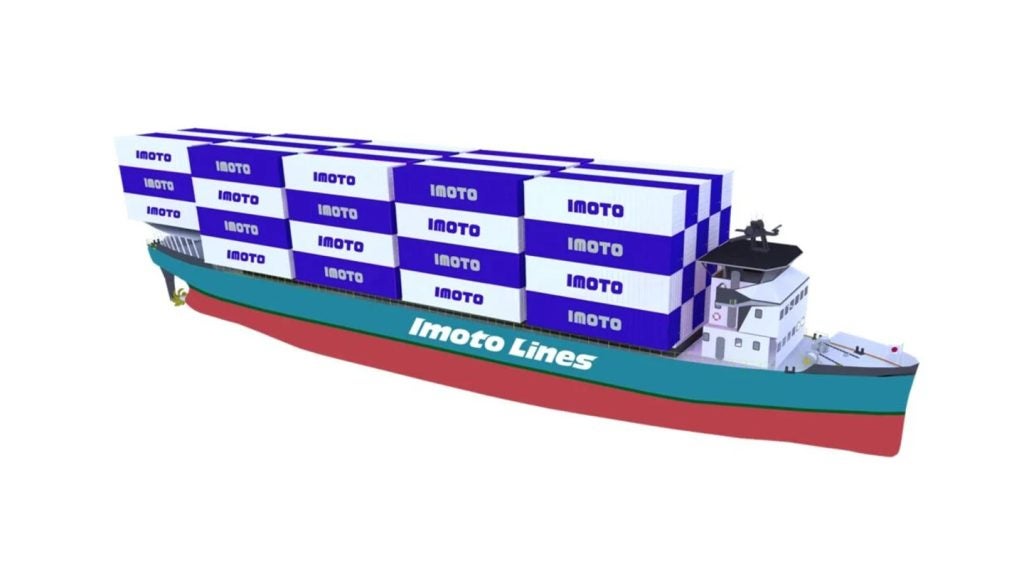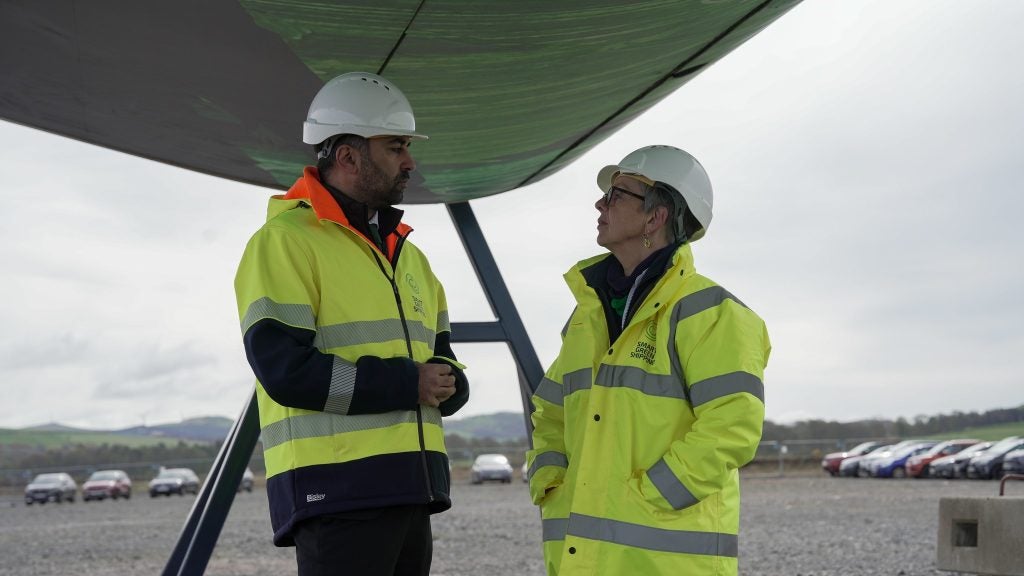
A new report commissioned by the Inmarsat Research Programme and conducted by UK GovTech venture firm PUBLIC highlighted the benefits of digitalisation and said startups will play a key role in transforming digital technology within the shipping industry.
The report ‘Trade 2.0: How Startups are driving the next generation of maritime trade’, co-authored by Nick Chubb and Leonardo Zangrando, and launched at London Shipping Week says that the rise of big data, blockchain, artificial intelligence (AI) and cloud computing, operations in the sector “will completely change over the next three decades.”
Commenting on the research during the event, president of Inmarsat Maritime, Ronald Spithout said: “The shipping industry is at the beginning of a fundamental transformation. These are exciting results for our industry showing that startups and investors should see maritime as offering significant market opportunities for the next ten years.”
New technologies such as Internet of Things (IoT) and blockchain are already being used by startups to create a single source of truth for tracking and tracing cargo ships in the supply chain, Spithout added.
“Mobile technology, IoT, AI, machine learning will all move away from being concepts and pilot programmes discussed at conferences to commonplace tools and technologies that are accessed by all,” the report says.
How well do you really know your competitors?
Access the most comprehensive Company Profiles on the market, powered by GlobalData. Save hours of research. Gain competitive edge.

Thank you!
Your download email will arrive shortly
Not ready to buy yet? Download a free sample
We are confident about the unique quality of our Company Profiles. However, we want you to make the most beneficial decision for your business, so we offer a free sample that you can download by submitting the below form
By GlobalDataThe report stressed that, capitalising on big data and robotics, augmented reality headsets are being used which allow engineers to access the information they need in order to perform a job while keeping their hands free.
“We are barely scratching the surface of what can be done when the data generated is properly utilised,” Spithout said.
The report highlighted the importance of innovation through the means of startups.
“Startup innovation is based on using the smallest amount of resources possible to validate an idea, build it, test it, and continuously improve it,” the report says.
“It is far easier for a small team of entrepreneurs to ‘bet the farm’ on an idea than it is for a shipping company or a manufacturing giant.”
With an approximate estimation of $106bn in 2019, the report predicts the global ship market’s value to become $278bn by 2030 and – in specific – exponential growth for maritime startups. A testament to that is in 2018 $4.2bn worth investment was injected into maritime startups – a figure which is predicted to rise to $111bn by 2030, representing an annual growth rate of 120%.
The report also featured a number of startup solutions which aim to enhance ship and port operations and ship management. These include drone-based remote inspection from RIMS BV, a smart crew logger of rest hours for any device from UK-based startup called Workrest among others.
Given that the International Maritime Organization has tightened the rules concerning sulphur emissions, startups are also innovating with environment-friendly fuels and solutions to control emissions. Green Sea Guard for example has developed a sensor-in-funnel plus reporting solution to verify emissions compliance.
With the aim to drive the maritime sector towards digital transformation as well as encourage startups, in 2019, Inmarsat launched the shipping industry’s first IoT platform called Inmarsat Fleet Data, worked with startups through the Inmarsat Digital Incubation scheme, and backed two accelerator programmes – Rainmaking Trade and Transport Impact and Bluetech Accelerator.







